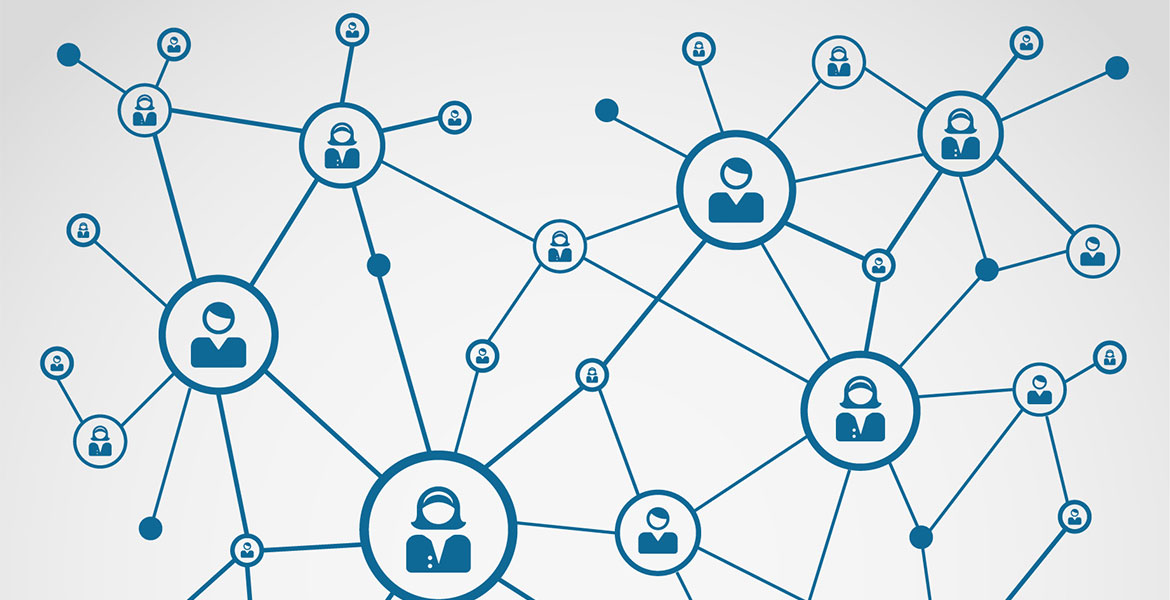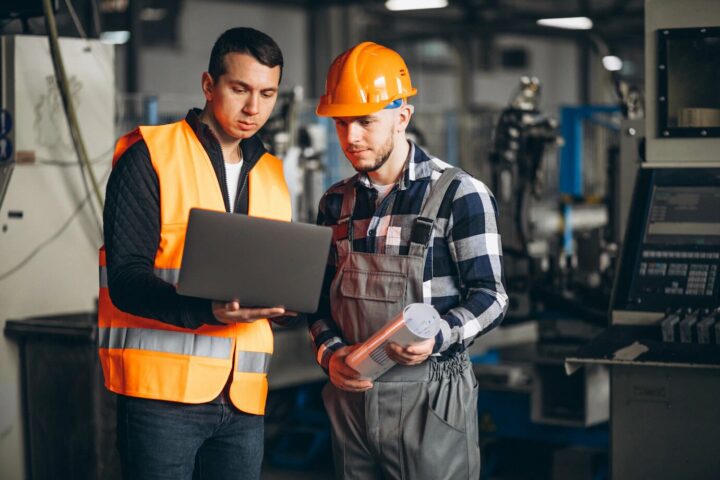What is Peer to Peer Recognition Programs?
What are Peer-to-Peer Recognition Programs? The Internet and technology have made it easy for individuals and groups to get in touch with each other through the Internet. This makes it a perfect platform for those looking to share information, ideas, and opinions that they have. There are various programs that allow employees to learn more about each other, and some of them allow employees to go out and socialize. These programs give employees a platform to be able to engage in peer-to-peer learning. The main purpose of such a program is to help employees who are already good in a particular area to help improve their skills, and this, in turn, will increase the overall productivity levels in the company. In this blog, we are discussing 6 benefits of Peer-to-Peer Recognition Programs that can help employees to grow well together.
Positive Emotions Increase
The benefits of learning to share one’s feelings with others. The present article presents an alternative view on how positive emotions increase workplace productivity, and how these feelings can positively influence performance. The author identifies this alternate view within the emerging field of positive psychological science and shows how this alternative view can be situated within the existing understandings of positive emotions and peer-group recognition.
According to this view, individuals tend to be more cooperative when they are in a state of high positive emotions. Specifically, the broaden-and-builders theory posits that positive emotions increase people’s temporary thought-action habits, which in turn functionally enhances their durable interpersonal resources, ranging from intellectual and physical to social and religious. According to the present author, positive emotions increase people’s pro-social behavior – that is, helping others to succeed, as well as helping oneself to succeed. Thus, it follows that higher levels of positive emotion may lead to more pro-social behavior, higher productivity, and more job satisfaction. The author further relates these results to social norms of reciprocity, which holds that people who help others succeed increase their own self-worth, which increases the worthiness of those individuals who help them.
Wellbeing Improves with Peer-to-Peer Recognition
Wellbeing improves when employees feel valued, respected, and supported in their role as workers. This is not always an easy task given that many people have to work in a very competitive environment where the rewards for productivity are very little and the pressures to perform are tremendous. Recognition and encouragement from co-workers or management can make a huge difference in employees’ overall health, well-being, and productivity. Employees who are able to openly discuss their problems, concerns, and successes with their peers–or even management–are happier, more productive, and healthier on the job.
There are several ways to foster good Peer-to-Peer Recognition Programs. One is through rewarding employees who consistently perform above expectations; this can be done by individual awards or a company-wide positive reinforcement approach, such as peer recognition events or peer appreciation days. Another way to create a positive working environment is to provide opportunities for team-building activities that allow employees to put to work their unique talents and skills. These activities should be interesting and fun and not centered on a particular goal. For example, a company could organize a treasure hunt for a certain group of employees and use the opportunity to learn about different types of problem-solving strategies.
Relationships Strengthen and Grow with Peer-to-Peer Recognition
It is important for companies to realize that when they invest in their employees, those relationships within the company will ultimately strengthen and grow. One of the best ways that this can be accomplished is through the development of a peer-to-peer recognition program. When relationships within a company are strong, it allows those within the company to get to know one another better and understand one another needs and wants. As employees begin to get more involved in the peer to peer development they will begin to see that there are many other goals and achievements in their field that are due to their relationships with co-workers.
Another way that employees feel that they are making progress and the relationships within the organization become stronger is through employee recognition. There are many different events and ways in which employees can feel like they are making progress in their careers and these can be based on various factors. If an employee feels like they are moving up in their position or their paycheck is going up, recognition is often the easiest way to make that happen. Recognition isn’t always based on pay but can be based on a number of other things as well such as an award for outstanding performance or a special recognition occasion. No matter what the situation is that you are working in if your employees feel like they are making progress in their jobs, their chances of advancement increase.
Employees, and Organizations, Thrive
Gratitude, often expressed in a smile as in “Thank you,” is an essential part of building, maintaining, and enhancing employee relations. Employees appreciate being appreciated. Gratitude helps employees see themselves in a positive light rather than in the negative. They also find it easier to take tasks and project themselves in a positive light when given the opportunity to do so.
Studies have shown that a high percentage of employees say that they feel positively toward their boss when complimented, and a similar percentage report that they feel most positively about coworkers who are kind and helpful. Employees who are aware of how to express gratitude, however, tend to perform much better at their jobs and have higher job satisfaction. A survey taken in one large department store found that 75% of people were happy with their bosses on at least one occasion, but just 17% of people were highly satisfied with their bosses. This study by Cornell University found that positive relationships between supervisors and their subordinates are encouraged more and such relationships were more likely to be healthy.
Hope this article has provided you enough knowledge about Peer-to-Peer Recognition programs and how employees can be benefitted of it.




